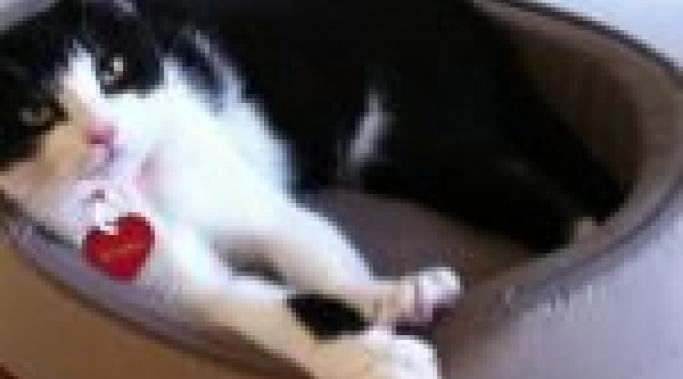Everyone has a story about a couple they know who've argued openly on Facebook. Or the person who was ostracized by their followers on Twitter. Online social networks can bring out the worst in public behavior for some people, spurred on by anonymity and groupthink. The average person might be plagued by the public nature of social networks. However, when you have a mental illness, particularly one with a component of anxiety, tools like Twitter and Facebook can become breeding grounds for obsessive behavior.
Healthy Relationships
I’ve always thought I was a good employee: I do good work, on time, and people generally like working with me. I say “generally” because at times in the past I’ve been a moody procrastinator who resists being told what to do. I’ve also burst into tears when given negative feedback from a boss and cursed at a coworker in front of several of our colleagues. Am I losing credibility here?
Have you seen the commercials for the new movie, 50-50? If not, here's a synopsis: Guy 1 tells Guy 2 that women will like him better when they find out that he has cancer. Cut to Guy 2 disclosing his cancer to Girl at the Bar. Now imagine what it would be like to use your mental illness as a pick-up line? Not really the stuff of one-liners, is it?
I consider myself hard to take, stubborn, I'm an over-talker and I don't know when to keep my mouth shut. And I have bipolar so signing up to be my friend is a commitment of which I expect people to tire rapidly. So when I'm having a bad time and someone expresses concern, I know I have a true friend.
Maintaining all relationships is difficult. Dating is even harder. But I think it takes a special kind of person to begin a relationship with a person who has a mental illness. This fact hit home for me this weekend when I adopted a cat. You might not immediately see the parallel between getting a pet and, say, dating someone with bipolar. However, I adopted a cat who may have heart disease and it was a gut-wrenching decision.


